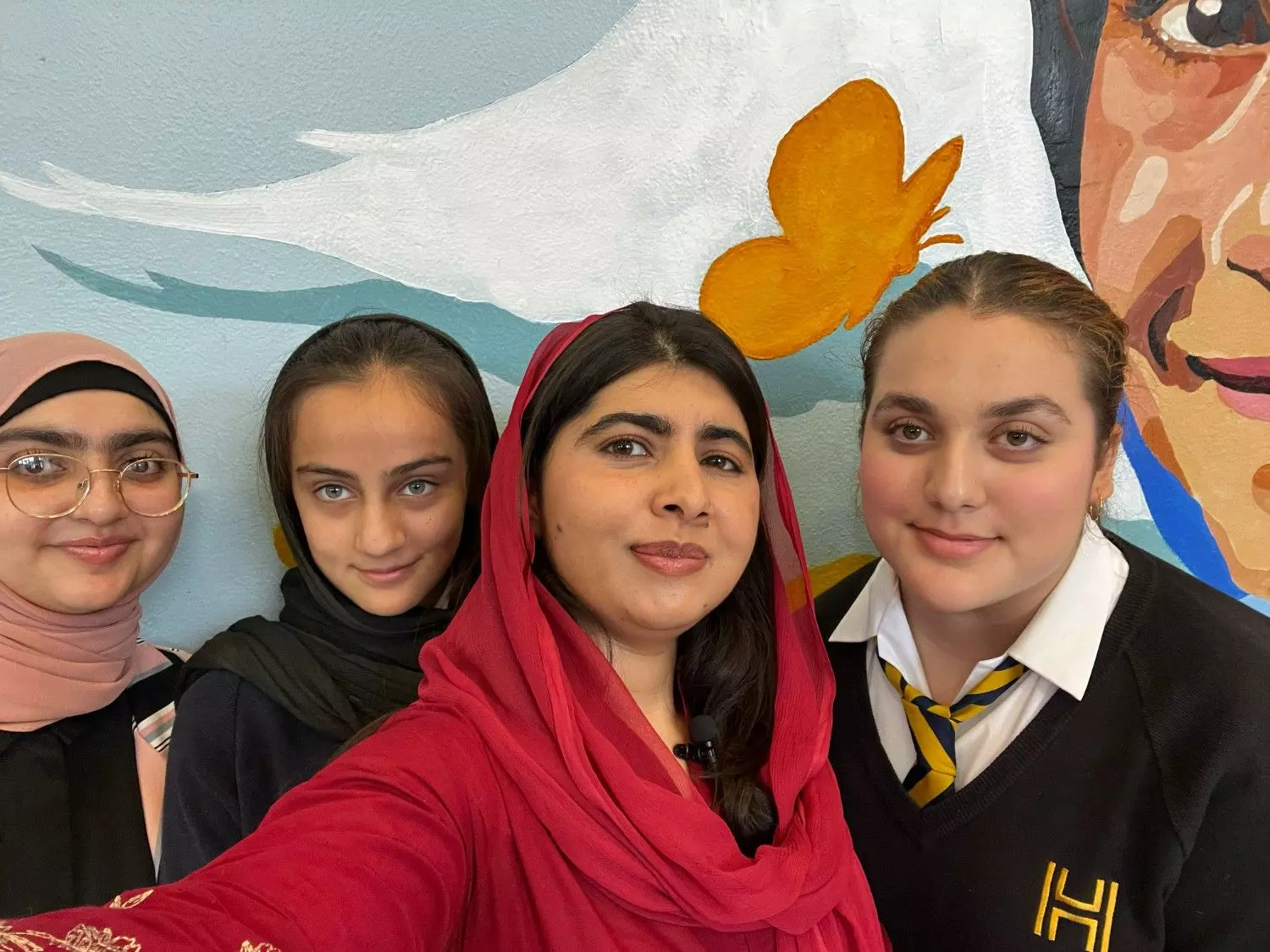
Malala Day spotlights her fight for girls' education and equal rights
On July 12, the world celebrates the life and legacy of Nobel laureate Malala Yousafzai, advocating for girls' education and the universal right to schooling

Every year, on July 12, International Malala Day is observed to celebrate the life and legacy of Malala Yousafzai, a Pakistani advocate for girls' education and the youngest recipient of the Nobel Prize.
On Malala Day, which also happens to be Malala's birthday, the world honours her tireless support of women's education rights across the globe.
Also read: School removes Malala's photo following protests in Jharkhand
UN honours Malala
The United Nations (UN) first celebrated International Malala Day on July 12, 2013. The day marked one year since the Taliban attacked her for opposing their restrictions on female education in Pakistan.
Despite the assault, Malala survived and became a worldwide champion for education. Therefore, to honour her work, her bravery and her role in global advocacy for girls' education, the UN officially announced July 12 as International Malala Day in 2015.
The day is commemorated to recognise women's and children's rights all across the world. In 2014, at the age of 17, Malala became the youngest recipient of the Nobel Peace Prize in history.
Significance of Malala Day
Malala Day calls for several leaders to ensure free and mandatory education for girl children. It emphasises that education is not a privilege but a fundamental right for everyone.
Therefore, this day is observed in honour of Malala and all the girls who, like her, aspired to further education. Unfortunately, girls' education is still restricted or seen as improper by some societies in many parts of the world.
For this reason, this day is observed as a global awareness day for everyone, especially girls, regarding the importance of education in our lives.
The day is also a great opportunity for organisations, schools and individuals to learn more about Malala's work and the work of other young activists.
Also read: Malala urges UN to help Kashmiri children go back to school
Taliban attack
Malala was born on July 12, 1997, in Mingora, in the Swat valley in Pakistan. When the Taliban took control of her town in 2007, they banned girls from going to school.
Malala bravely spoke out and began writing for BBC Urdu in 2009 to share her story and support girls' education.
Her writings offered vivid details of a life marked by fear and oppression, often bewildered by schools being shut down or destroyed, sometimes fearful, and always strongly critical of the Taliban.
But with fame came a threat to life. She was shot on October 9, 2012, while returning after appearing for an examination.
She was airlifted to Peshawar, where a bullet lodged near her spinal cord was extracted in a three-hour operation. She was then rushed to a hospital in London, where she later settled and continued her studies.
Also read: Deeply worried about women, minorities in Afghanistan: Malala
A life of resilience
On her 16th birthday in 2013, Malala gave a powerful speech at the UN, calling for education for every child. Malala’s journey from a small town in Pakistan to becoming a global symbol of courage continues to inspire millions.
As a fearless advocate for girls’ education and women’s rights, Malala stood up to injustice even after surviving a life-threatening attack. Her voice sparked a powerful movement for equality and learning.
In her book “I Am Malala”, she reflects on how fame can drive meaningful change or distract from it.
Her bravery after surviving an attempt on her life by the Taliban inspired the world to recognise the right to education as a fundamental human right.

